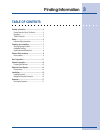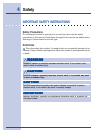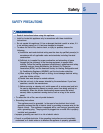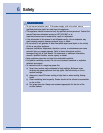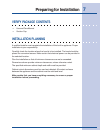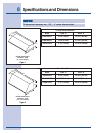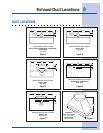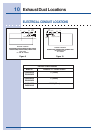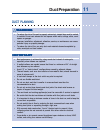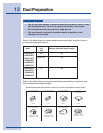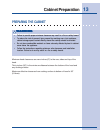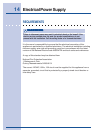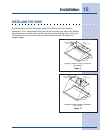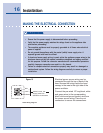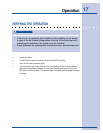
11
Duct Preparation
DUCT PLANNING
!
WARNINGWARNING
WARNINGWARNING
WARNING
• To reduce the risk of fire and to properly exhaust air, ducted fans must be vented
to outside. Do not vent exhaust air into spaces within walls, ceilings, attics, crawl
spaces or garages.
• Improper installation, adjustment, alteration, service, or maintenance can cause
personal injury or property damage.
• To reduce the risk of fire, use only duct work materials deemed acceptable by
state, municipal and local codes.
IMPORIMPOR
IMPORIMPOR
IMPOR
TT
TT
T
ANTANT
ANTANT
ANT
• Best performance is achieved by using round duct instead of rectangular,
especially when elbows are required.
• If multiple elbows are needed, ensure that there is a minimum of 24” of straight
duct between any two elbows.
• Avoid “S” or “back to back” configurations caused by adjacent elbows.
• Thermal breaks, such as a short section of non-metallic duct, should be used in
areas of extreme cold.
• A back-draft damper at the duct outlet may also be required.
• Do not use flexible metal duct.
• Do not use duct work that is smaller in cross-sectional area than the
recommended size duct.
• Do not rely on duct tape alone to seal duct joints. Use sheet metal screws as
require to support the duct weight.
• The vent hood and cooking appliance(s) must be removable if service is required.
• Be certain that the duct work does not interfere with floor joists or wall studs.
• It is important to keep a minimum number of turns in the duct run, and to keep the
run as short as possible.
• Do not restrict the air flow by reducing the duct cross-sectional areas when
making hard joints or squeezing through a tight area.
• With concrete slab construction, “box-in” the duct work to prevent it from
collapsing when the wet concrete is poured. Also allow room for electrical
conduit.
• Cross-drafts or air currents caused by adjacent open windows or doors, HVAC
outlets, and ceiling fans reduce vent efficiency.



